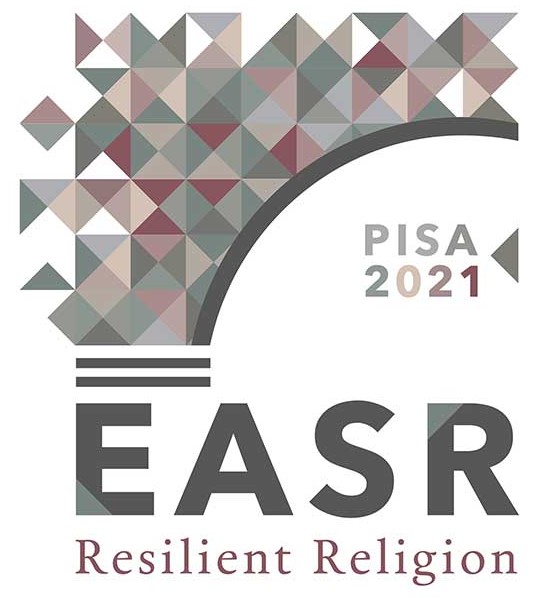Resilient Modalities of Religion in Chinese societies
All religious groups are greatly influenced by their social, economic, and political context. Religion often played a significant role as a resilient tool or as a tool for resilience. These processes play a strong role in Chinese societies. Until the twentieth century, religion was closely connected with the political and social sphere as the Chinese emperor held power to the religious landscape. Later, in modern Chinese societies, assimilation to different nation-states also shaped Chinese religiosities in various forms, encouraging religious actors’ resilience.
While the modern secularist projects have been employed in Chinese societies, they have never been truly secularized. Some traditional forms of religion have declined, some forms of religion have re-flourished and re-molded, adapting to modernity. Furthermore, it is often impossible to separate the religious from the secular within this cultural context. Different interpretations, tensions, and negotiations occur between social locations and forms of religion. Religious groups have developed various strategies to adapt or counteract the rapid transformation Chinese societies have faced within the last century.
This panel aims to present some examples of how the religious groups and institutions in Chinese societies constitute and contribute to resilience. We are interested in the transformations of the religious landscape and the impact of the modern Chinese world’s overall social, cultural, political, technological, and economic changes. We aim to view who and what are the agents of resilience in religious continuity and construction. By Chinese societies, we consider all populations under Chinese cultural influence, whether historical, ethnic, linguistic, or geographical. Therefore, the panel covers all Sinophone societies, including the People’s Republic of China, Taiwan, Singapore, Hong Kong, the global Chinese diaspora, and ethnicities under the Chinese influence. The panel welcomes ethnographic, textual theoretical, and other methodologies to entangle the different resilient religion modalities in Chinese societies.
Magdaléna Rychetská: magdalena.rychetska@gmail.com
